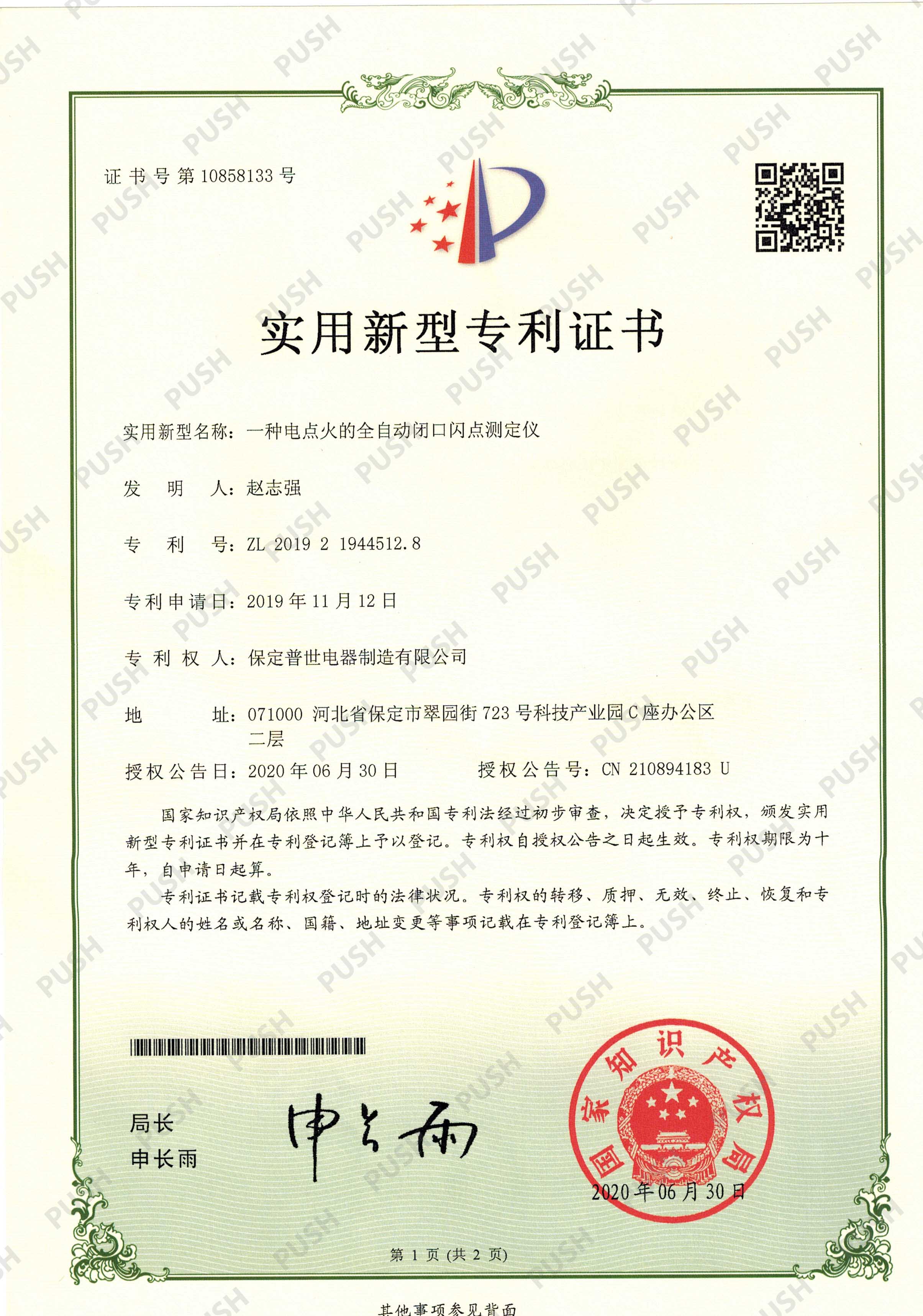 English
English



-
 Afrikaans
Afrikaans -
 Albanian
Albanian -
 Amharic
Amharic -
 Arabic
Arabic -
 Armenian
Armenian -
 Azerbaijani
Azerbaijani -
 Basque
Basque -
 Belarusian
Belarusian -
 Bengali
Bengali -
 Bosnian
Bosnian -
 Bulgarian
Bulgarian -
 Catalan
Catalan -
 Cebuano
Cebuano -
 China
China -
 China (Taiwan)
China (Taiwan) -
 Corsican
Corsican -
 Croatian
Croatian -
 Czech
Czech -
 Danish
Danish -
 Dutch
Dutch -
 English
English -
 Esperanto
Esperanto -
 Estonian
Estonian -
 Finnish
Finnish -
 French
French -
 Frisian
Frisian -
 Galician
Galician -
 Georgian
Georgian -
 German
German -
 Greek
Greek -
 Gujarati
Gujarati -
 Haitian Creole
Haitian Creole -
 hausa
hausa -
 hawaiian
hawaiian -
 Hebrew
Hebrew -
 Hindi
Hindi -
 Miao
Miao -
 Hungarian
Hungarian -
 Icelandic
Icelandic -
 igbo
igbo -
 Indonesian
Indonesian -
 irish
irish -
 Italian
Italian -
 Japanese
Japanese -
 Javanese
Javanese -
 Kannada
Kannada -
 kazakh
kazakh -
 Khmer
Khmer -
 Rwandese
Rwandese -
 Korean
Korean -
 Kurdish
Kurdish -
 Kyrgyz
Kyrgyz -
 Lao
Lao -
 Latin
Latin -
 Latvian
Latvian -
 Lithuanian
Lithuanian -
 Luxembourgish
Luxembourgish -
 Macedonian
Macedonian -
 Malgashi
Malgashi -
 Malay
Malay -
 Malayalam
Malayalam -
 Maltese
Maltese -
 Maori
Maori -
 Marathi
Marathi -
 Mongolian
Mongolian -
 Myanmar
Myanmar -
 Nepali
Nepali -
 Norwegian
Norwegian -
 Norwegian
Norwegian -
 Occitan
Occitan -
 Pashto
Pashto -
 Persian
Persian -
 Polish
Polish -
 Portuguese
Portuguese -
 Punjabi
Punjabi -
 Romanian
Romanian -
 Russian
Russian -
 Samoan
Samoan -
 Scottish Gaelic
Scottish Gaelic -
 Serbian
Serbian -
 Sesotho
Sesotho -
 Shona
Shona -
 Sindhi
Sindhi -
 Sinhala
Sinhala -
 Slovak
Slovak -
 Slovenian
Slovenian -
 Somali
Somali -
 Spanish
Spanish -
 Sundanese
Sundanese -
 Swahili
Swahili -
 Swedish
Swedish -
 Tagalog
Tagalog -
 Tajik
Tajik -
 Tamil
Tamil -
 Tatar
Tatar -
 Telugu
Telugu -
 Thai
Thai -
 Turkish
Turkish -
 Turkmen
Turkmen -
 Ukrainian
Ukrainian -
 Urdu
Urdu -
 Uighur
Uighur -
 Uzbek
Uzbek -
 Vietnamese
Vietnamese -
 Welsh
Welsh -
 Bantu
Bantu -
 Yiddish
Yiddish -
 Yoruba
Yoruba -
 Zulu
Zulu
dielectric strength of transformer oil experiment
Dielectric Strength of Transformer Oil An Experimental Study
Transformer oil plays a pivotal role in the operation and longevity of transformer systems. Its primary functions include electrical insulation, heat dissipation, and the prevention of oxidation. A crucial property of transformer oil that significantly influences its performance is dielectric strength, which measures the oil's ability to withstand electric stress without breaking down. In this article, we investigate the factors affecting dielectric strength and present the methodology and findings of an experimental study on transformer oil.
Importance of Dielectric Strength
Dielectric strength refers to the maximum electric field that a material can withstand without experiencing failure or electrical breakdown. For transformer oil, this is typically expressed in kilovolts per millimeter (kV/mm). A higher dielectric strength indicates better insulating properties, which is vital for efficient transformer operation. High dielectric strength ensures that the transformer can manage high voltage loads without causing short circuits or electrical failure, which can lead to catastrophic damage and service interruptions.
Factors Affecting Dielectric Strength
Numerous factors can influence the dielectric strength of transformer oil, including - Moisture Content The presence of water in oil significantly diminishes its dielectric strength. Water molecules act as conductive pathways, facilitating electrical breakdown. - Impurities Contaminants such as particulate matter and chemical additives can alter the dielectric properties of the oil. Testing for purity is essential before using transformer oil in application. - Temperature Dielectric strength tends to decrease with increasing temperature, as higher temperatures can lead to increased molecular motion, favoring breakdown. - Aging Over time, transformer oil can degrade due to oxidation and other chemical processes, negatively impacting its dielectric properties.
Experimental Methodology
dielectric strength of transformer oil experiment

To assess the dielectric strength of transformer oil, we conducted a series of laboratory experiments under controlled conditions. The experiment involved the following steps
1. Sample Collection Fresh transformer oil was collected from a local power utility. Additional samples of oil aged under normal operational conditions for varying durations were also obtained for comparative analysis. 2. Preparation The oil samples were filtered to eliminate particulate contaminants, and water content was assessed using Karl Fischer titration.
3. Testing Setup A standard dielectric strength test was performed using a transformer oil tester, which applies a steadily increasing voltage until breakdown occurs. The test apparatus consisted of spherical electrodes immersed in the oil samples of designated dimensions. 4. Measurements Each oil sample was subjected to the dielectric strength test at room temperature and repeated after heating to various temperatures (25°C, 50°C, and 75°C). The breakdown voltage was recorded for each sample and condition.
Results and Discussion
The results revealed that fresh transformer oil exhibited a dielectric strength of approximately 30 kV/mm at room temperature. However, the dielectric strength decreased significantly when moisture content exceeded 0.1%, dropping to about 15 kV/mm. Aged oil samples demonstrated a further reduction in dielectric strength, confirming that degradation impacts insulating properties adversely. The heating experiments illustrated that dielectric strength generally decreased with increasing temperature, emphasizing the need for temperature regulation in transformer operations.
Conclusion
The dielectric strength of transformer oil is a critical parameter that influences the reliability and efficiency of transformer systems. This study demonstrates how factors such as moisture, impurities, aging, and temperature can significantly affect dielectric strength. Regular monitoring and testing of transformer oil are necessary to maintain optimal performance and prevent electrical failures. Future studies should focus on developing improved formulations and additives that can enhance the dielectric properties of transformer oil, ensuring safer and more efficient energy distribution.
-
Ensuring SF₆ Gas Safety: Introducing PUSH’s Integrated SF₆ Analyzer for Dew Point, Purity, and Decomposition MonitoringNewsJul.10,2025
-
Exploring the Main Types of Industrial Endoscopes and Their Applications Across IndustriesNewsJul.04,2025
-
Testing Equipment Industry Sees Major Advancements in 2025: Smart & Precision Technologies Lead the WayNewsJun.06,2025
-
Applications of Direct Current Generators in Renewable Energy SystemsNewsJun.05,2025
-
Hipot Tester Calibration and Accuracy GuidelinesNewsJun.05,2025
-
Digital Circuit Breaker Analyzer Features and BenefitsNewsJun.05,2025



